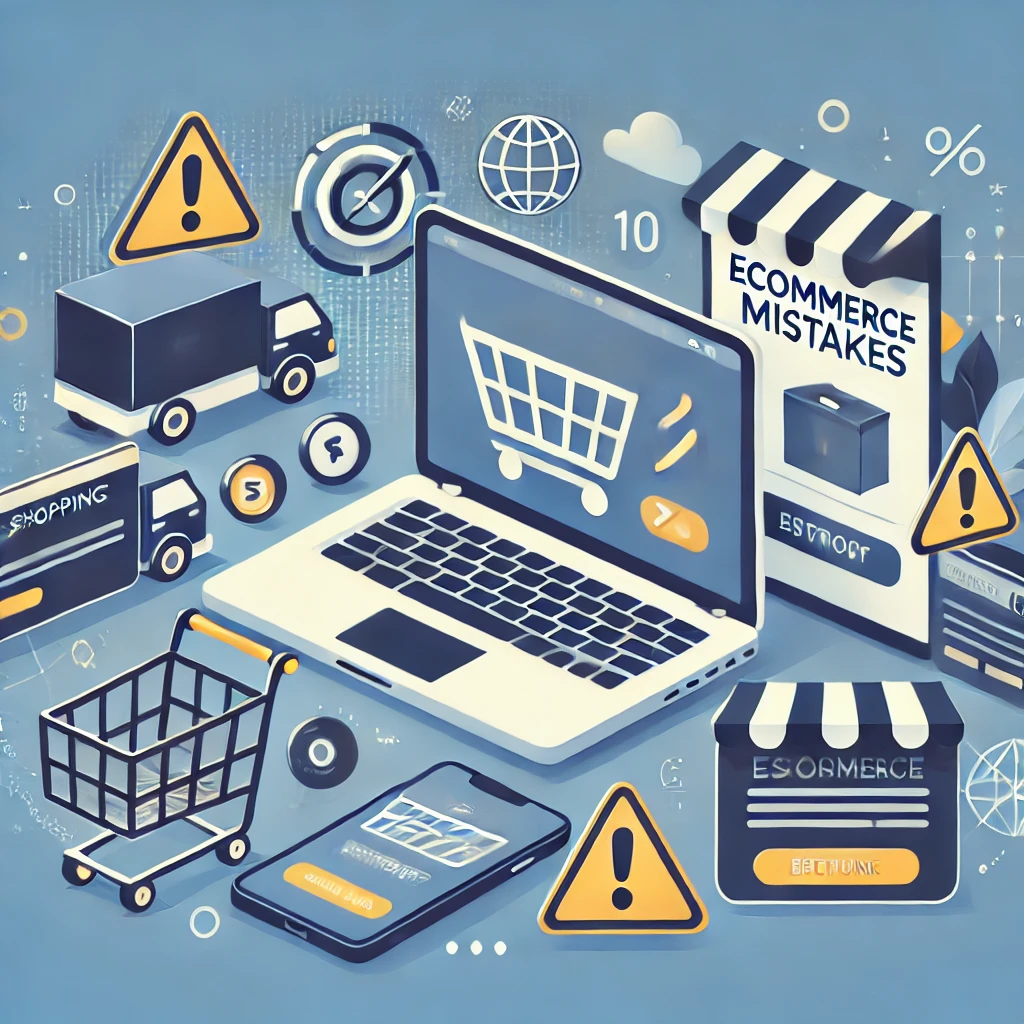Choosing between Shopify and Etsy can be a challenge for new online sellers.
Both platforms offer unique features, but there are numerous platforms accessible, making it difficult to determine which one is best for you.
Your business’s growth is determined by the platform you choose, therefore you must consider all factors before deciding. Shopify e-commerce site builder and Etsy’s marketplace both provide opportunities for small businesses to sell physical items, digital products, and even services from the convenience of a computer.
They’re well-established companies that help new entrepreneurs run online stores without needing technical skills. But which one is the best choice? Shopify and Etsy
ETSY
Etsy is the ultimate place to sell products online, especially for beginners. It is a well-known online store for antique, handcrafted, and distinctive products. It’s an online marketplace where customers find your products, so you don’t have to promote your brand.
Set up your store completely free of charge in only a couple of minutes by creating a profile, and adding products and their information.
SHOPIFY
A user-friendly eCommerce platform, Shopify, allows you to create an online store and start selling products. It helps to start Businesses of all sizes, from start-ups to multinational companies create their online presence and sell products around the world.
Shopify provides a lot of features that make it easy for users to set up an online store, customize its design, manage products, process payments, and track orders.
Comparison between Shopify and Etsy
1) Control and Customization
Compared to Etsy, Shopify provides users with more control over their online businesses. Because Shopify is a website builder, Shopify sellers can get a unique domain name to identify their businesses.
A domain name is a unique address used to access websites. It’s something like www.google.com. Now, with this domain name, customers can search specifically for an online business on any browser.
Etsy doesn’t offer website-building functions, it’s only a marketplace. This means you don’t get a domain name as an individual seller. To access your store on Etsy, buyers have to navigate through Etsy’s website.
Shopify also wins in design flexibility with its wide range of themes that you can personalize and edit to align with your brand identity. However, Etsy’s customization options are more limited compared to Shopify.
2) Set-Up
- One of the simplest website builders to use is Shopify. Once you’ve signed up, you’re taken through a comprehensive setup guide that breaks down the process for you.
- Expect a linear process when setting up with Etsy. New users are taken through a straightforward, six-step onboarding process that includes naming your store and uploading your first item
3) Pricing
Shopify and Etsy both have different price structures. Each time a seller makes a sale on Etsy, they have to pay listing, transaction, and processing fees. You must deposit $15 when you first open a store on Etsy.
In addition, the site takes a 6.5% transaction fee from each sale and charges $0.20 for each item listed. Depending on the country, payments could change. Pay-as-you-go methods are helpful for new or small-scale providers looking to cut expenses during the launch phase.
Shopify has a range of plans that can grow with your business, including monthly recurring costs in addition to transaction fees.
These transaction fees may decrease with higher-tier plans to prevent sellers from facing significant costs as their sales volume grows.
Shopify’s basic plan for solo entrepreneurs costs $32 monthly. Small businesses can subscribe to the $92/month plan. As your business scales, you can get the advanced plan for $399 monthly.
4) Sales Features
Shopify is the e-commerce industry leader when it comes to sales features. Strong sales tools including product management tools and multichannel selling are available.
There aren’t many different sales tools available on Etsy. However, you may use Etsy’s marketing tools for marketing your business or visit the Etsy Seller app to manage your operations while on the move.
5) Help & Support
Choose Shopify for around-the-clock help and support. You can access 24/7 phone and live chat, or explore the comprehensive Shopify Help Center.
You can access Etsy’s Help Center to find detailed resources on your shop. Unfortunately, there are no available phone numbers. Instead, you will need to file a help request.
6) Marketing Tools
Shopify offers an excellent selection of marketing tools that can help you, as you build your customer base from the ground up. Shopify Email’s visually appealing campaigns and its e-commerce SEO capabilities are noteworthy examples.
By using Etsy, you can reach an extensive audience. As a result, there aren’t many marketing tools for Etsy. But you can use your Shop Manager to produce and share expert social media messages.
Benefits of Using Shopify
- Ease of use
- High level of customization
- Design flexibility
- Round-the-clock customer support
- Hosting and security
- SEO support and e-commerce tools
- Marketing Tools
Drawbacks of Using Shopify
- Pricing Structure
- Absence of email hosting, even if you can use services provided by third parties
- The only countries where Shopify Payments is supported are 23.
- Difficult Customizations
Benefits of Using Etsy
- Lower upfront cost
- Easy to set up
- Collaborative community
- E-commerce tools and resources to assist sellers
Drawbacks of Using Etsy
- Tough competition
- Little to no control over your store design and layout
- Increasing transaction fees
- Limited brand control
When should you choose Shopify?
If you’re already making sales and looking to scale operations, Shopify is the best e-commerce platform for the job. It is also a better fit for those who want a white-label solution instead of being nestled under a brand like Etsy, and you aren’t restricted to handmade or vintage products.
Looking to boost your Shopify sales? Check out our detailed blog post, How Do I Get High Sales On Shopify? for expert tips and strategies to transform your store into a sales powerhouse!
When should you choose Etsy?
Etsy is a great choice for new sellers with very little or no initial budget due to its free and easy setup. Those with fewer sales can focus on getting their product out there without worrying about a monthly fee.
Very few platforms allow you to start a business with no money, and the marketplace stands out in this regard. Best for handmade, vintage, and craft sellers, it offers a built-in audience that can be helpful for those without a brand following.
FINAL THOUGHTS
Finally, we must stress again that there’s no magic formula to choosing the best option for your business, so you do not need to feel overloaded with choices.
Look in-depth at your business needs and goals, then the direction to follow will be clear.







